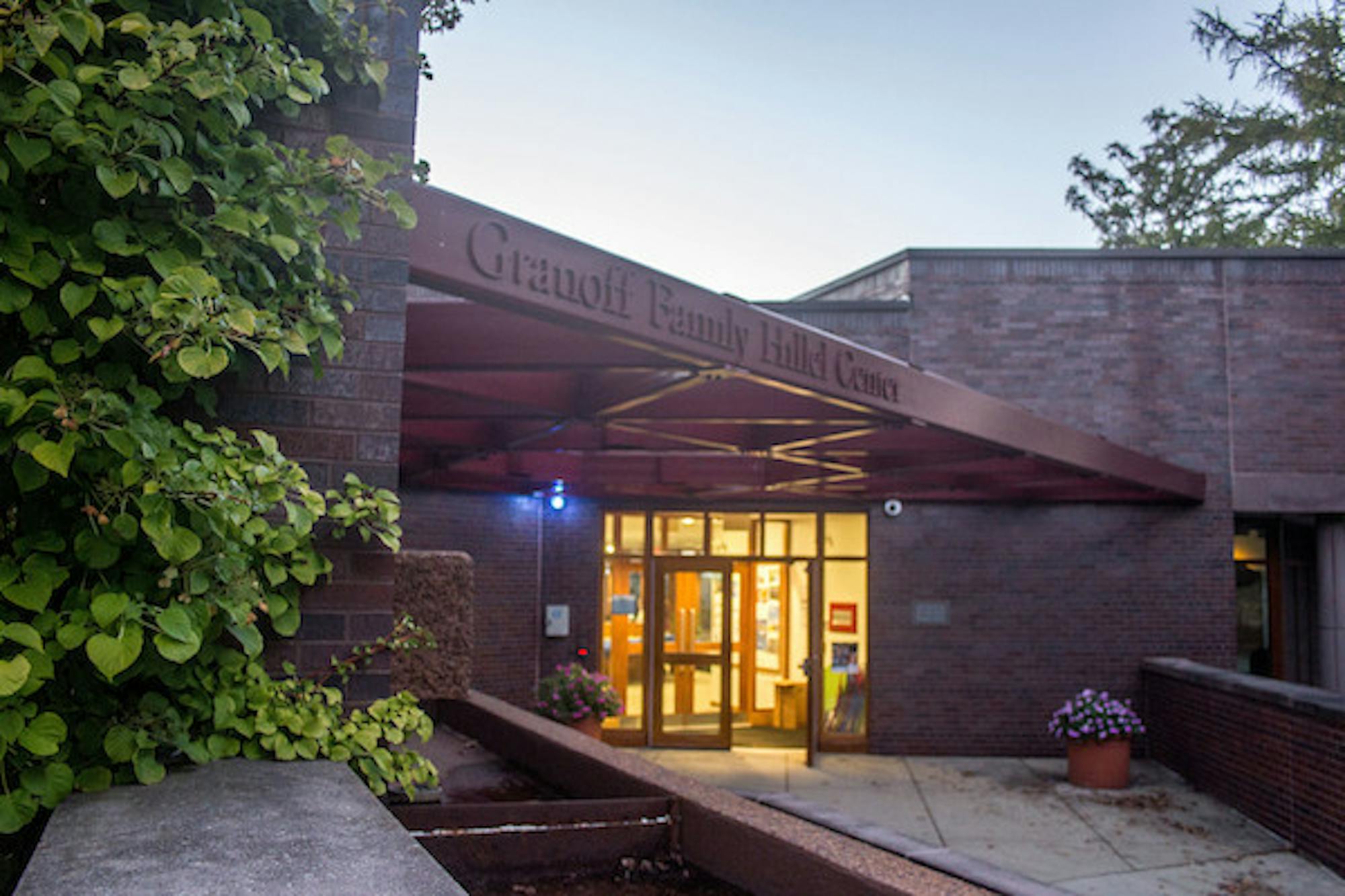University-wide emails from the president's office were sent out on Sept. 14 and Sept. 21 to invite current students and Class of 2021 graduates to participate in a survey evaluating student impressions of antisemitism on campus.
Regardless of religious affiliation, the administration encouraged students to discuss incidents of antisemitism they had witnessed or heard about, and those who took the survey were also invited to register for focus groups. The survey closed on Oct. 1.
Patrick Collins, executive director of public relations, described the timeliness of this survey.
“Unfortunately, there has been a disturbing rise in antisemitism nationally and on college campuses around the country, and Tufts is not immune to this trend,” Collins said in an email to the Daily.
According to Collins, the goal of the survey is to better understand how the increase in antisemitism is manifesting at Tufts and to propose solutions to address it.
“The purpose of the survey is to learn from the undergraduate student community—not just those who identify as Jewish—about antisemitism at Tufts,” Collins said.
The university partnered with the consulting firm TCC Group to develop the survey and facilitate the focus groups. According to the email, Hillel International was also involved in the survey design, although the Tufts chapter of Hillel was not involved.
In addition to the survey, various campus stakeholders were interviewed, according to Collins.
The survey and focus groups follow in the wake of recent antisemitic acts on Tufts campus, notably vandalism of student mezuzot. Collins said that despite continued work, the Tufts University Police Department has not yet been able to identify the culprits.
“We want to find out who is responsible, and we want to help the targeted students to know they are not alone, that they are part of our community, and that we support them,” Collins said.
Rabbi Naftali Brawer, Jewish chaplain and executive director of Tufts Hillel, discussed the harm caused by the mezuzah vandalism and the gravity of the survey.
“[The mezuzah] is a Jewish symbol. And it's a sacred article ... an identity marker. So to have that, on the face of it, vandalized, is really painful,” Brawer said. “[The survey] is a very sad but important exercise that we have to undertake.”
Brawer said that there have been too many incidents to write them off as isolated events.
“I don't want us to become negative [or] despondent, but we can't ignore these things and they need to be called out," Brawer said.
Creating a safe environment for all members of the Tufts community regardless of identity is a priority for the university, according to Collins.
“The Tufts administration and Board of Trustees care deeply that the university provides all community members an environment where they can live, learn, and work free of discrimination and prejudice,” Collins said. “Our hope is for these incidents to never happen at Tufts, but when they do, we have to make it clear that we find them reprehensible, that they have no place at Tufts, and that we will not allow them to create divisions in our community.”
The wider Tufts community's response has been heartening for Brawer.
“There's the ugly stuff that happens, that's part of the story. ... But there's another side to the story which is, how does the community respond?" Brawer said. “The response from the wider Tufts community, staff and students has been overwhelmingly supportive. And so I think that that's been really helpful in putting this, not entirely behind us, but putting it in perspective.”
Brawer also emphasized that investigating antisemitism on campus and its causes is meaningful for the entire Tufts community.
“Antisemitism is often the canary in a mine," Brawer said. "When antisemitism is allowed to flourish, other types of hate quickly follow. ... The way the Jewish community is treated ... reflects on the entire community at Tufts, and speaks to what type of community we are building here."
As Tufts works to address the antisemitism on campus, Brawer is intrigued to see what the survey results bring.
“This is something that the university as a whole needs to grapple with. And this survey appears to be a really serious grappling with that. So I would watch it with interest,” Brawer said.
It is unclear when the survey results will be released, Collins said.
“A summary of the results of the survey, interviews, and focus groups will be shared with the Tufts community when available," Collins said. "There is no time frame for when that will occur; we want the committee to take all the time it needs to do its work."






